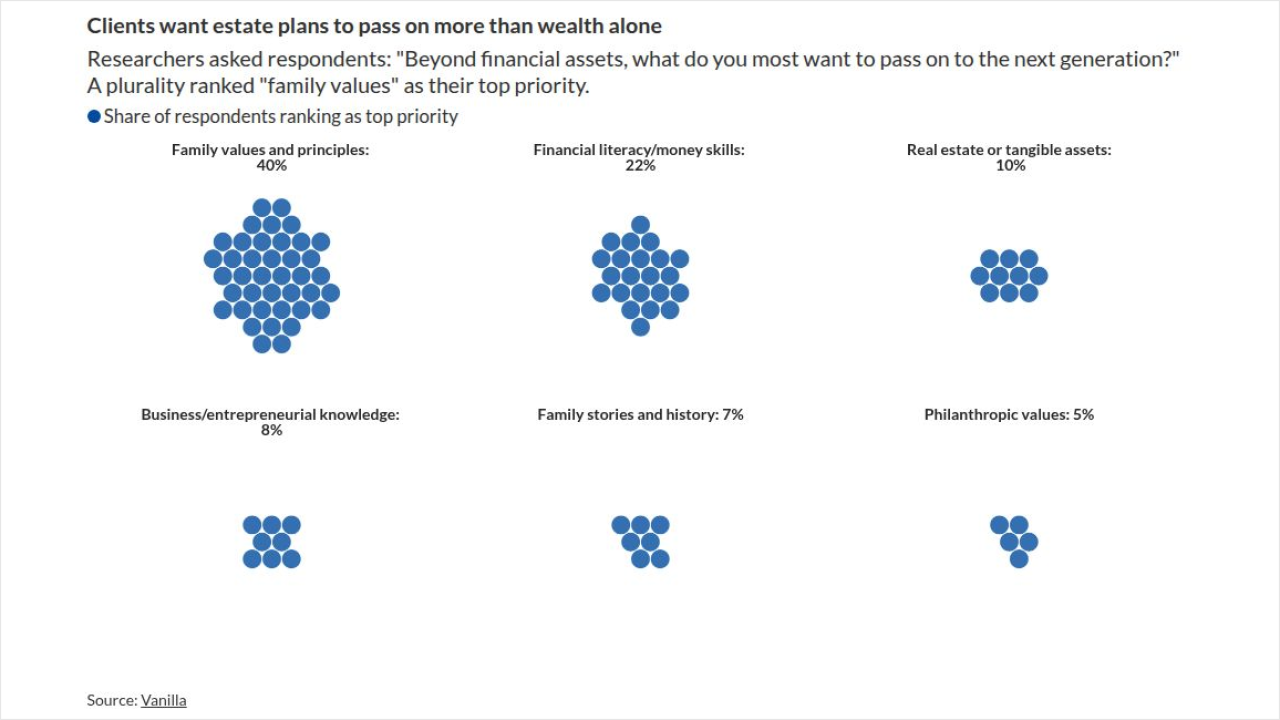Brokerage firm
The SEC put a ban on directed brokerage primarily for two reasons. First, it can prompt brokers to push inappropriate funds on investors in exchange for fund companies rewarding them with commissions on big blocks of trades. Second, such arrangements may result in higher trading costs at the expense of investors returns because funds become more focused on sales opportunities, rather than costs. The ban took effect this past Wednesday, but firms have until Dec. 13 to fully comply.
"In that kind of arrangement, a certain quantity of the order flow is predetermined to go through a broker who is selling the mutual fund product," explained John Wheeler, vice president of U.S. equity trading at
Some industry experts believe the ban will, indeed, result in lower trading costs, but others say fund companies will simply find other ways in lieu of trading commissions to reach sales agreements with brokers.
__
The staff of Money Management Executive ("MME") has prepared these capsule summaries based on reports published by the news sources to which they are attributed. Those news sources are not associated with MME, and have not prepared, sponsored, endorsed, or approved these summaries.





